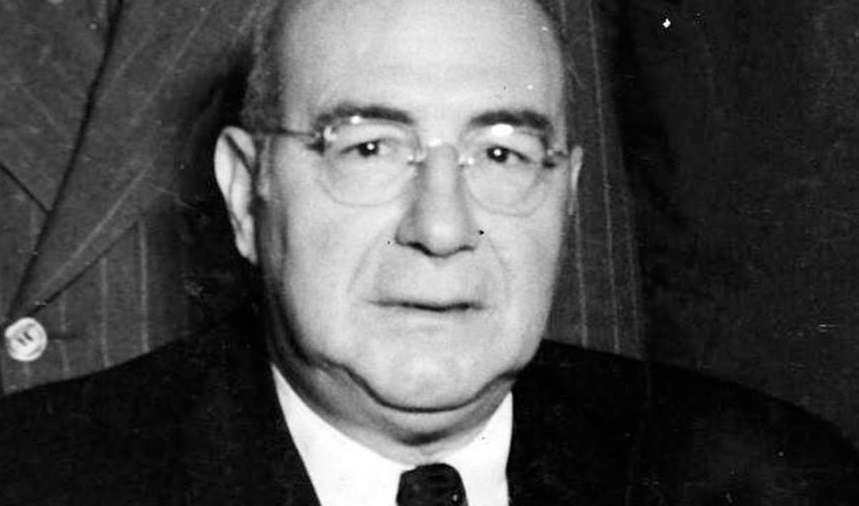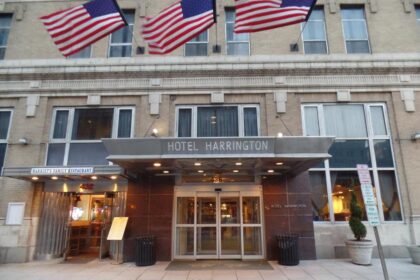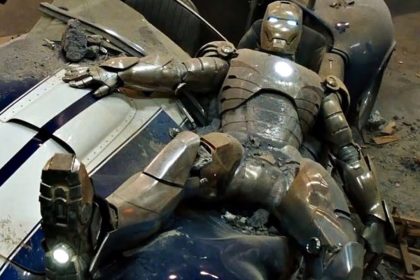Enoch Lewis “Nucky” Johnson was an Atlantic City, New Jersey political boss, Sheriff of Atlantic County, New Jersey, businessman and racketeer. He was the undisputed “boss” of the political machine that controlled Atlantic City and the Atlantic County government from the 1910’s until his conviction and imprisonment in 1941. Take a look below for 26 more strange and interesting facts about Enoch Johnson.
1. His rule encompassed the Roaring Twenties, when Atlantic City was at the height of its popularity as a refuge from Prohibition.
2. In addition to bootlegging, his organization was also involved in gambling and prostitution.
3. A large man, over six feet tall, Johnson was famous for wearing a red carnation in the button hole of his impeccable suits.
4. Johnson was the son of the sheriff of Atlantic County, a powerful regional politician in his own right.
5. He followed in his father’s footsteps and was elected Atlantic County sheriff in 1908.
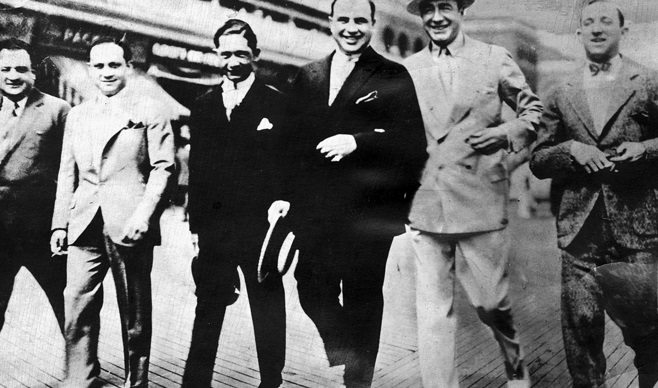
6. A year later, Johnson was appointed executive secretary of the county’s Republican Party.
7. In 1911, New Jersey Governor Woodrow Wilson, a reformed who would go on to be president, led an effort to clean up corruption and rackets in Atlantic City, leading to indictments of more than 100, including Johnson and the then-boss, Louis “The Commodore” Kuehnle.
8. While Kuehnle was convicted of election fraud, Johnson was not.
9. Although he was forced to resign as county sheriff, he assumed a near-total control of the Republican Party machinery for Atlantic City and Atlantic County.
10. Johnson, who reportedly got a percentage of profits from all gambling and prostitution in Atlantic City, soon extended his political influence into state politics and was instrumental in the election of a sympathetic New Jersey governor in 1916.
11. With the enactment of Prohibition in 1920, Johnson’s profits and political influence continued to grow.
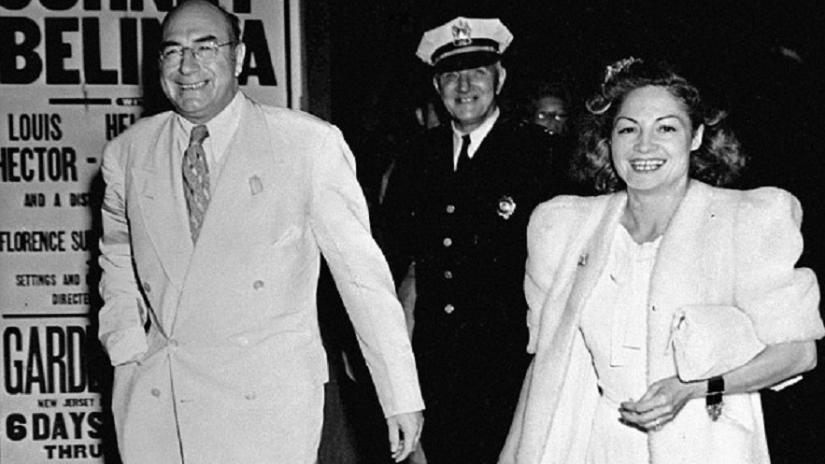
12. In 1929, Johnson hosted a meeting of prominent Mob figures, including Charlie “Lucky” Luciano, Meyer Lansky and the participants in Chicago’s beer wars, Al Capone and Bugs Moran.
13. By the 1930s, newspapers and law-and-order reformers started paying close attention to Atlantic City and to Johnson.
14. Johnson, famously, didn’t apologize for delivering illegal products to paying customers.
15. He once said, “We have whiskey, wine, women, song and sloth machines. I won’t deny it and I won’t apologize for it. If the majority of the people didn’t want them, they wouldn’t be profitable and they would not exist.”
16. Johnson’s public persona attracted the wrong kind of federal attention.
17. He was indicted and tried for tax evasion.
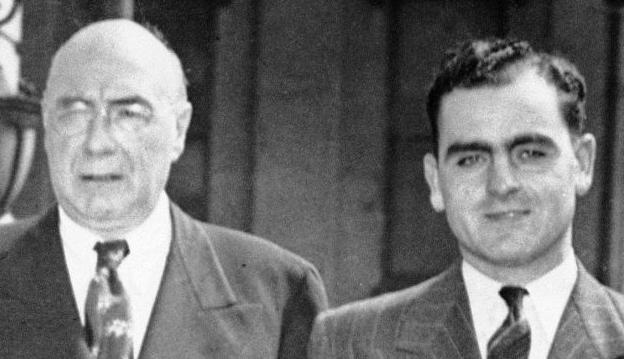
18. In one investigation cited by Thomas Reppetto in American Mafia: A History of Its Rise to Power, Treasury agents counted the numbers of towels in local brothels to estimate the number of customers and thus the amount of income that went to Johnson.
19. After three trials, federal prosecutors finally won a conviction and in 1941 Johnson began serving a ten year sentence.
20. Following Johnson’s 1941 conviction, Frank S. Farley succeeded him as the leader of Atlantic City’s political machine.
21. Johnson was paroled on August 15, 1945, after four years in prison, and took a pauper’s oath to avoid paying the $20,000 fine.
22. After his release from prison, Johnson lived with his wife and brother in a house owned by relatives of his wife on South Elberon Avenue, Atlantic City. There was speculation that he would seek elected office, but he never did.
23. He worked in sales for the Richfield Oil Company, and, with his wife, for Renault Winery.
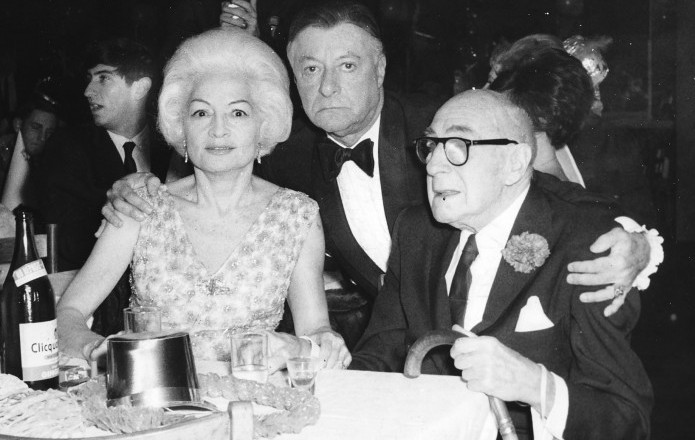
24. Johnson died on December 9, 1968, at the Atlantic County Convalescent Home in Northfield, New Jersey.
25. After his time in prison, Johnson and his wife would sometimes attend local political dinners or rallies, where they would be seated at the head table.
26. He continued to dress impeccably, including a red carnation on his lapel.

